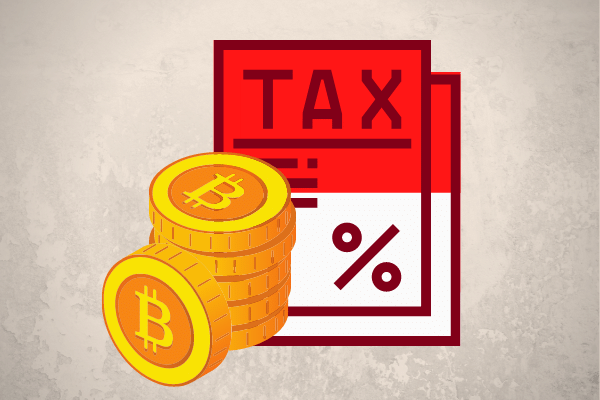The Japanese government has given the green light to a tax regime revision set for 2024 that aims to exempt corporations from paying taxes on unrealized gains from cryptocurrencies, provided they hold these assets for the long term, as reported by local media outlets.
As per media reports, the cabinet’s approval of this revision, which was granted on Friday, will apply to companies holding cryptocurrencies issued by third parties. Under the current framework, cryptocurrencies issued by third parties and held by corporations are treated as profits or losses, based on the difference between their market value and book value at the end of the fiscal year. The proposed revision seeks to eliminate this mark-to-market valuation for long-term holdings.
This means that companies will only be subject to taxation on profits derived from the actual sale of cryptocurrencies, according to the reports.
However, it’s important to note that the proposed revision for the fiscal year 2024 is still pending submission to a regular Diet session scheduled for January 2024. It must then receive approval from both the Lower House and the Upper House before becoming law, as reported by local sources.
Daiki Moriyama, director of Oasys, a gaming blockchain builder with operations in Japan and Singapore, commented on the potential impact of this tax regime change, saying, “Holdings of [crypto] assets issued by other companies that are considered short-term holdings will continue to be subject to year-end unrealized gains taxation.” Moriyama also emphasized the significance of the Japanese government’s commitment to supporting Web3 businesses, stating, “The fact that the Japanese government has demonstrated its willingness to grow Web3 business by enacting tax reform for the second year in a row is extremely important to all Web3 business stakeholders around the world.”
This move to potentially revise the tax regime follows a previous announcement by Japan’s tax agency in June, clarifying that crypto issuers would no longer be required to pay the capital gains tax, which was approximately 35%, on unrealized gains. At the time, Japan’s Prime Minister, Fumio Kishida, expressed the government’s dedication to fostering an environment conducive to the promotion of Web3, highlighting its transformative potential in reshaping the traditional internet framework and contributing to social change.



